COVID-19 and elections in Africa: protecting the vote or the voter?
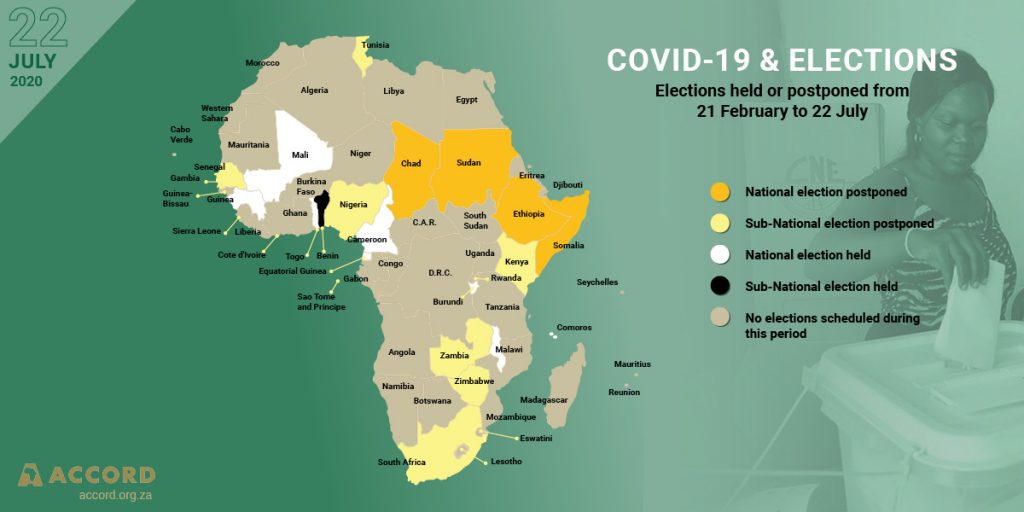
At least 22 countries in Africa were scheduled to hold either local government, parliamentary or presidential elections this year. Given the almost universal strategies adopted to prevent the spread of coronavirus – including restricting people to their homes, border closures, travel restrictions and banning large gatherings – the decision whether to continue with some of the elections despite COVID-19 became a controversial issue. Stated differently, the decision came down to either preserving the vote or the voter.
Resilience and determination: women, peace and security in the time of COVID-19
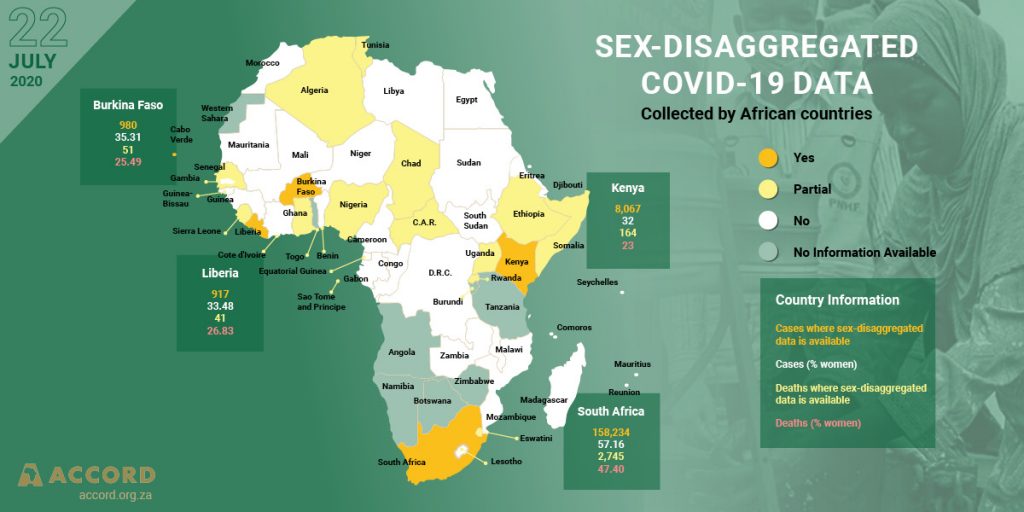
The year 2020 is a significant milestone for gender equality and women’s empowerment, as it marks the anniversary of unprecedented policy commitments and practical action frameworks.1 The COVID-19 pandemic has abruptly disrupted plans to assess the progress of these milestones, celebrate the achievements and set new objectives or goals.
Implications of COVID-19 for a new Africa–Europe Strategic Partnership
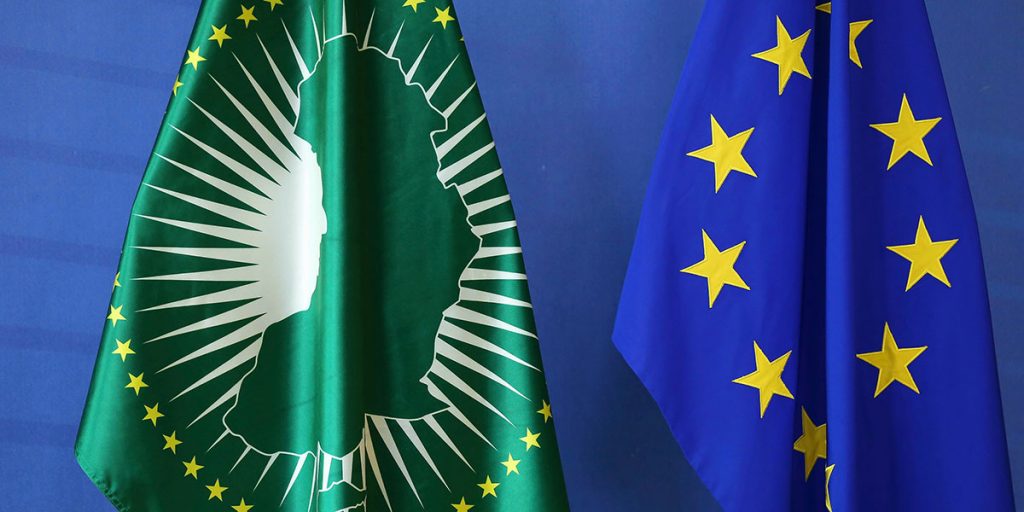
There is now an unprecedented opportunity for Europe to begin its journey towards a new contemporary and future shared ethical relationship, and do so not only as good regionalism, but also as an exercise in multilateralism, forging a new approach in its relationship with Africa, this time based on solidarity, one that will include a fundamental re-examination of how unfair trade and existing debt structures are impeding, not only the capacity to respond to COVID-19, but also the necessary transformations which a continent is getting underway, with an African agency that seeks a new form of partnership with its most proximate neighbour, the European Union.
COVID-19 policy choices in Africa: public safety, security and the limits of freedom
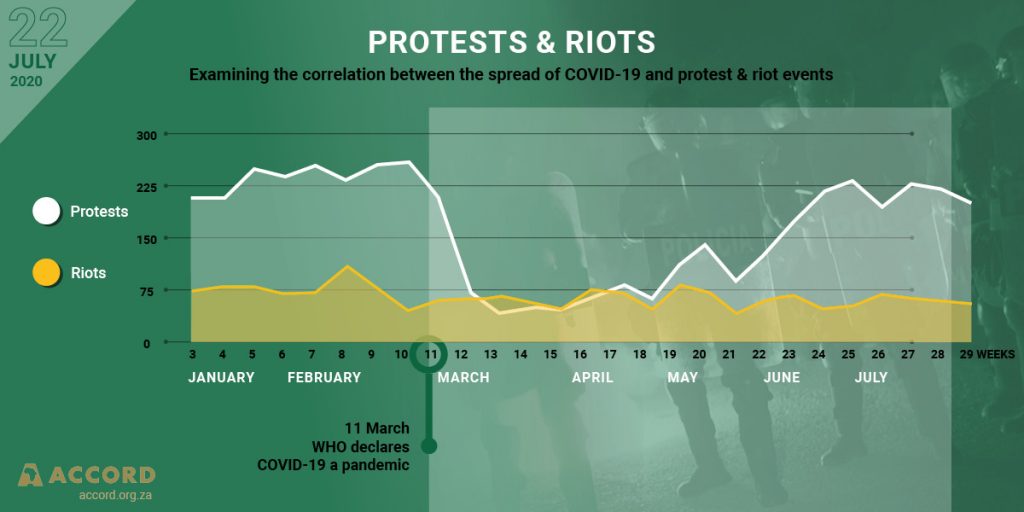
COVID-19 prevention policy measures – such as working and schooling from home, travel bans and quarantines, social distancing, the mandatory wearing of masks and limitation on gatherings (for instance, funerals) – have ignited the iconic debate on which comes first: freedom or security?
Gender equality needed to address COVID-19 in conflict and peace
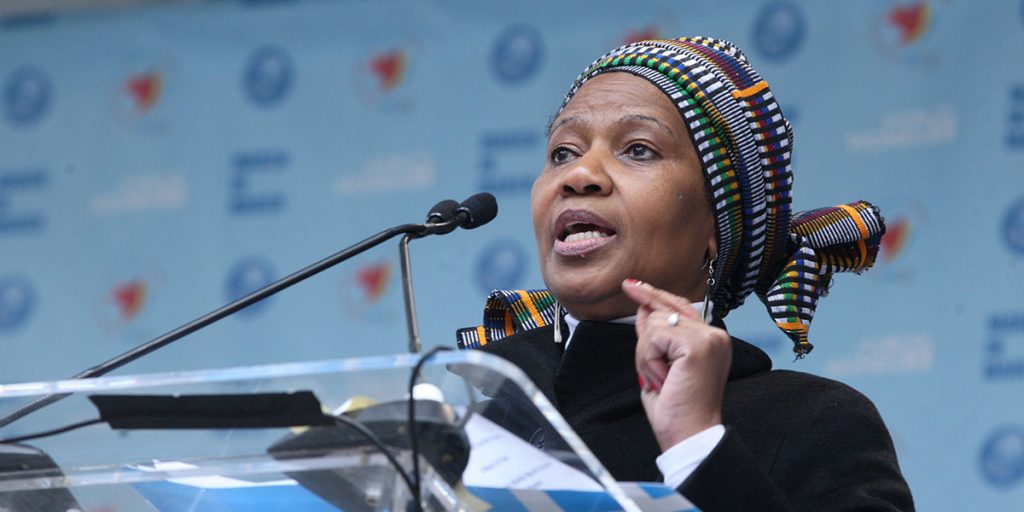
If we do not change the face of politics, if we continue to ignore the lessons of decades of women’s activism, if we continue to spend our resources on weapons rather than on social services, we will have a harder time recovering from this pandemic, preventing the next one, or overcoming the climate crisis. It is an easy choice to make.
COVID-19, ubuntu and social protection
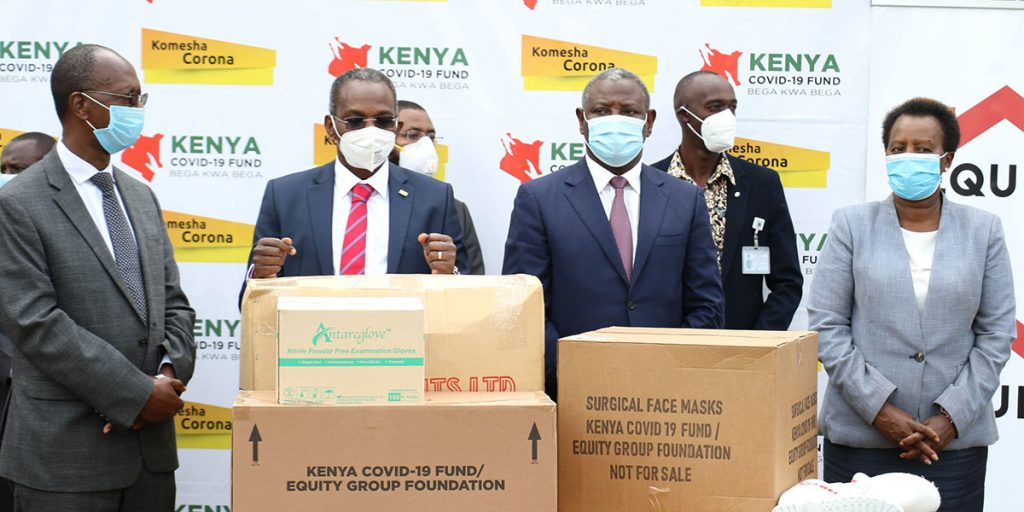
The measures taken by African governments to prevent the spread of the COVID-19 pandemic may have saved thousands of lives, but they have also left many struggling socially and economically in one way or another. In this turbulent moment, we need solidarity, inspired by ubuntu, so that we can be fully human together amidst COVID-19 for a common purpose of social protection, human dignity and economic stability.
What data tells us about COVID-19, security and regional peace operations in Africa
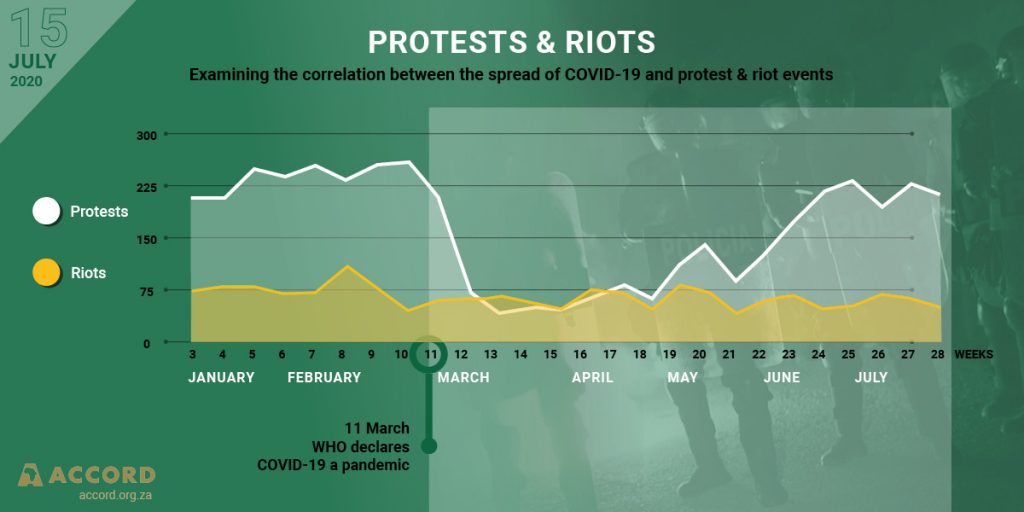
COVID-19 could deepen fragility and exacerbate violent conflict, though data from regional security interventions to date suggest that not much has changed. However, with the rapid spread of COVID-19, the likelihood of a worsening security situation and a more constrained operational effectiveness of security personnel is a possibility.
Pathways for enhancing resilience in Ghana during COVID-19
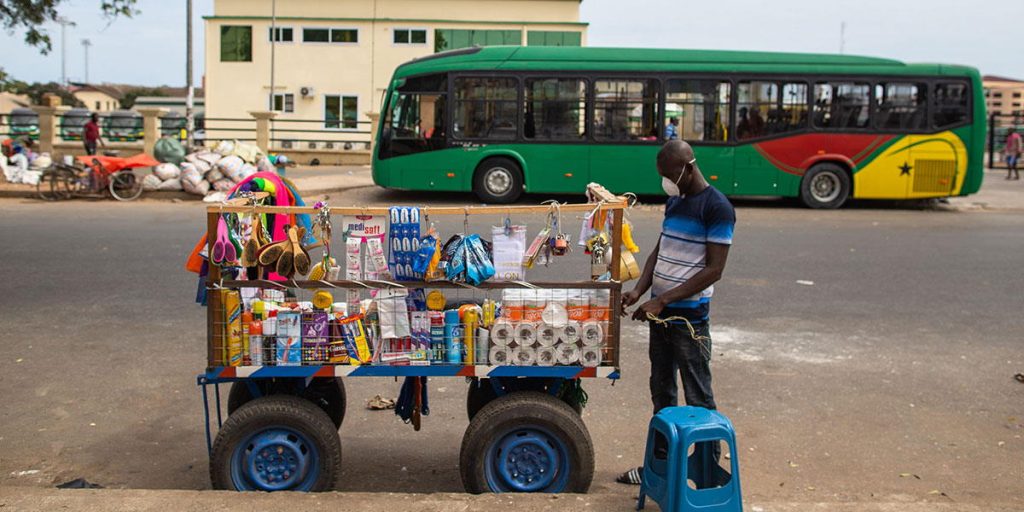
Conflict-sensitive approaches to developing national strategies for addressing COVID-19 in Ghana – including strategic communication, situating preventive and response measures within the rule of law, broad-based stakeholder consultations and reliance on evidence-based information for decision-making – were critical to minimising the conflict multiplier potential of the COVID-19 prevention and response efforts.
COVID-19 and peacebuilding: disruption, adaptation and transformation
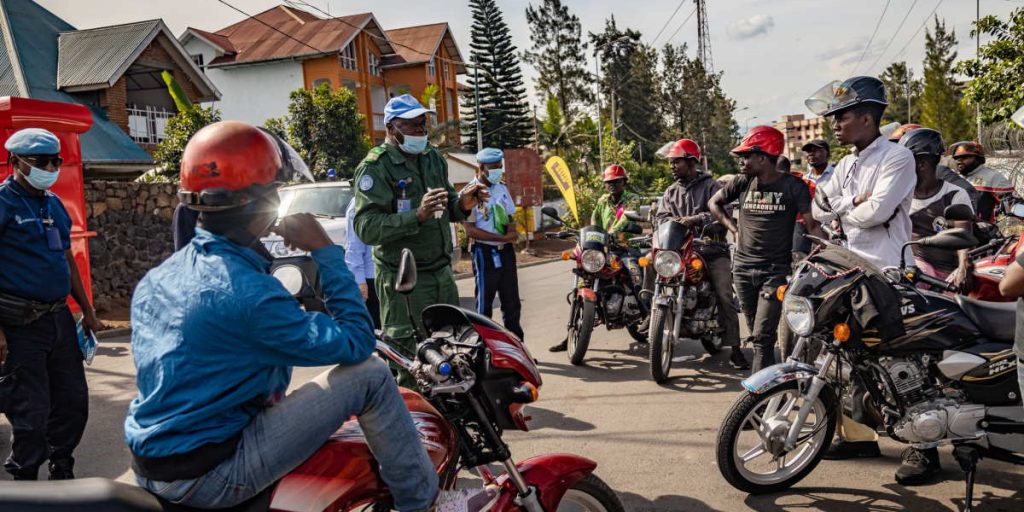
The COVID-19 pandemic has significantly disrupted peacebuilding. All travel has been halted and new ways of working have had to be developed. Programmes have had to be reviewed and adapted to the new circumstances. In most cases, international staff are now working remotely, and national and local peacebuilders now have to continue the work on their own.
Social and political protests, exacerbated by the COVID-19 pandemic, on the increase in Africa
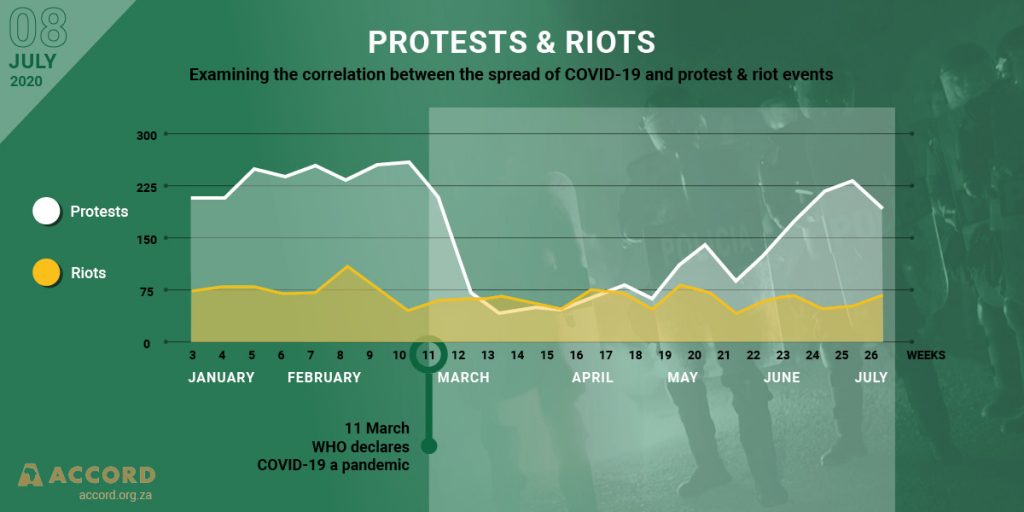
Approximately 100 days into the COVID-19 pandemic, there is a notable increase in social and political protests in some countries in Africa. These protests reflect pre-existing frustrations with social and political conditions that have now been further exacerbated by the COVID-19 restrictions, especially in the spheres of health, education, politics and service delivery.
